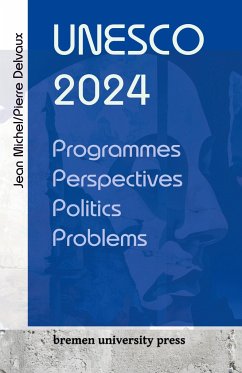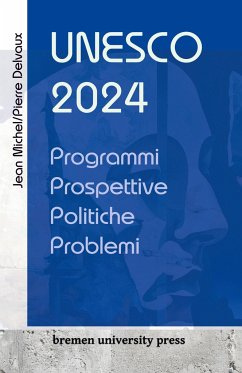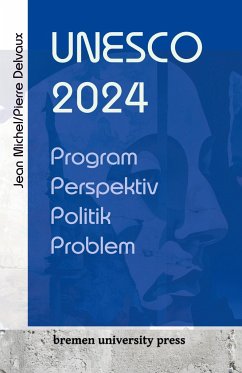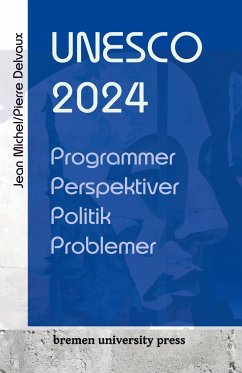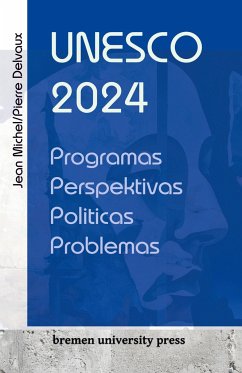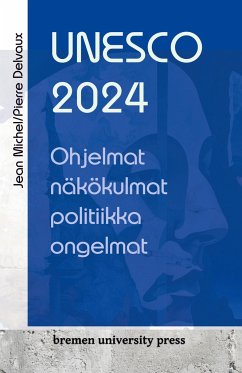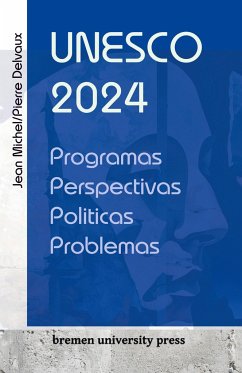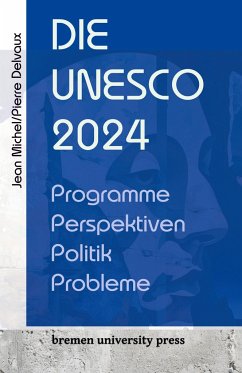On the threshold of a new era of global challenges and opportunities, UNESCO is more than ever at the centre of international efforts to promote education, science, culture and communication as the cornerstones of lasting peace and sustainable development worldwide. This comprehensive work unfolds the complex history, ambitious goals and far-reaching programmes of UNESCO, which since its founding in 1945 have aimed to build bridges between peoples, preserve the common heritage of humanity and promote an inclusive knowledge society. From its early beginnings in the shadow of the Second World War, through the decisive moments of the post-war global order, to the current challenges in an increasingly interconnected yet fragmented world, the book paints a vivid picture of UNESCO. It illuminates the organisation as an architecture of hope - a hope for a world in which education is accessible to all, in which science is used for the benefit of all, in which cultural diversity is understood and protected as a strength, and in which freedom of opinion and exchange is unhindered. By outlining key programmes and initiatives, from efforts to protect the world's cultural heritage, to promoting literacy and lifelong learning, to ambitions in promoting science and protecting biodiversity, the book reveals UNESCO's central role in shaping global agendas and supporting Member States and communities on the ground. At the same time, the text does not shy away from highlighting the political, financial and structural challenges facing the organisation - from politicisation and funding difficulties to the need to prove its effectiveness and relevance in a rapidly changing world. Through a balanced account of successes and controversies, the book offers a deep insight into the dynamics of international co-operation and the complexities of cultural and educational policy at a global level. Looking to the future, the volume discusses how UNESCO needs to adapt and evolve to meet new global conditions - from digitalisation in education to promoting sustainable development and strengthening intercultural dialogue. The book concludes with a consideration of UNESCO's role in the context of the Ukraine conflict, as a timely example of how the organisation acts in times of crisis to protect cultural heritage, support education and contribute to the safety of journalists.
Hinweis: Dieser Artikel kann nur an eine deutsche Lieferadresse ausgeliefert werden.
Hinweis: Dieser Artikel kann nur an eine deutsche Lieferadresse ausgeliefert werden.

